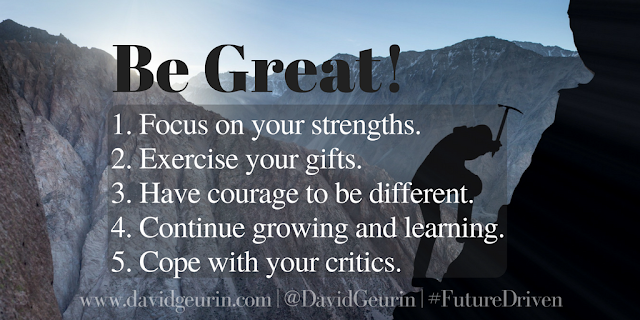With less than a minute left in the game, we're up by one point and inbounding the ball from under our own basket.
The ref is counting, and it's getting close to a five-second violation.
You'd think a turnover might be the worst thing that could happen here. But you'd be wrong.
Our inbounder senses the need to avoid the 5-count. He throws the ball long, toward the other end of the court. It's a common play, almost a safety valve.
But when our player catches the ball almost without breaking stride he runs for the opponent's basket and lays the ball in the basket effortlessly.
That's right, he scored for the other team.
With less than a minute on the clock. Against one of our biggest rivals.
We went from up one to down one in a flash.
How could this happen?
The large and enthusiastic home crowd went suddenly quiet.
Our coach immediately called timeout. Within seconds, teammates were speaking encouragement to the shocked player. I can't imagine how he felt when he realized what he'd just done. You could see his disappointment.
In the huddle, our coach reminded his team, "Next play. Next play." We always move on to the next play. We don't dwell on our mistakes. We play through our mistakes. We don't blame, or point fingers, or pout, or feel sorry for ourselves.
We move on to the next play...together.
He stayed in the game. Coach didn't take him out.
With only seconds on the clock, we hit a three point shot to put us up by two. But then the opposing team came back and tied the game just before time expired. Unbelievable.
Two overtimes later, our Liberators pulled out the win. And the kid who scored for the other team hit a huge three point shot of his own, at our basket of course.
It's nice that we won. It makes me happy for our kids when we win. But I'm far more concerned that our kids learn to play like winners. And that's what I saw in the finish to this extraordinary game.
Over the years, I've also seen teams that haven't handled adversity well. It never ends well.
Instead of lifting each other up, they bring each other down.
Instead of being unselfish, they put ME before WE.
Instead of accepting their role, they feel sorry for themselves.
Instead of believing in each other, they believe they deserve more.
Instead of supporting the coach, they think they know better.
And it's not true just for sports. It can happen in your school, with your family, or at your church.
Difficulties can pull us together, or they can tear us apart.
They can make us bitter or they can make us better.
The best people rally together in hard times. They don't panic or act poorly simply because there's adversity. They believe doing things the right way will eventually lead to great things coming your way.
It might not happen in this moment, in this game.
But in life, if you're surrounded by good teammates, you'll never fail alone. Your team will be there to pick you up, even when you score at the wrong basket.
You'll move through the difficulties. You'll learn from them.
And eventually, if you keep doing the things successful people do, you'll give yourself the best chance to be successful.


